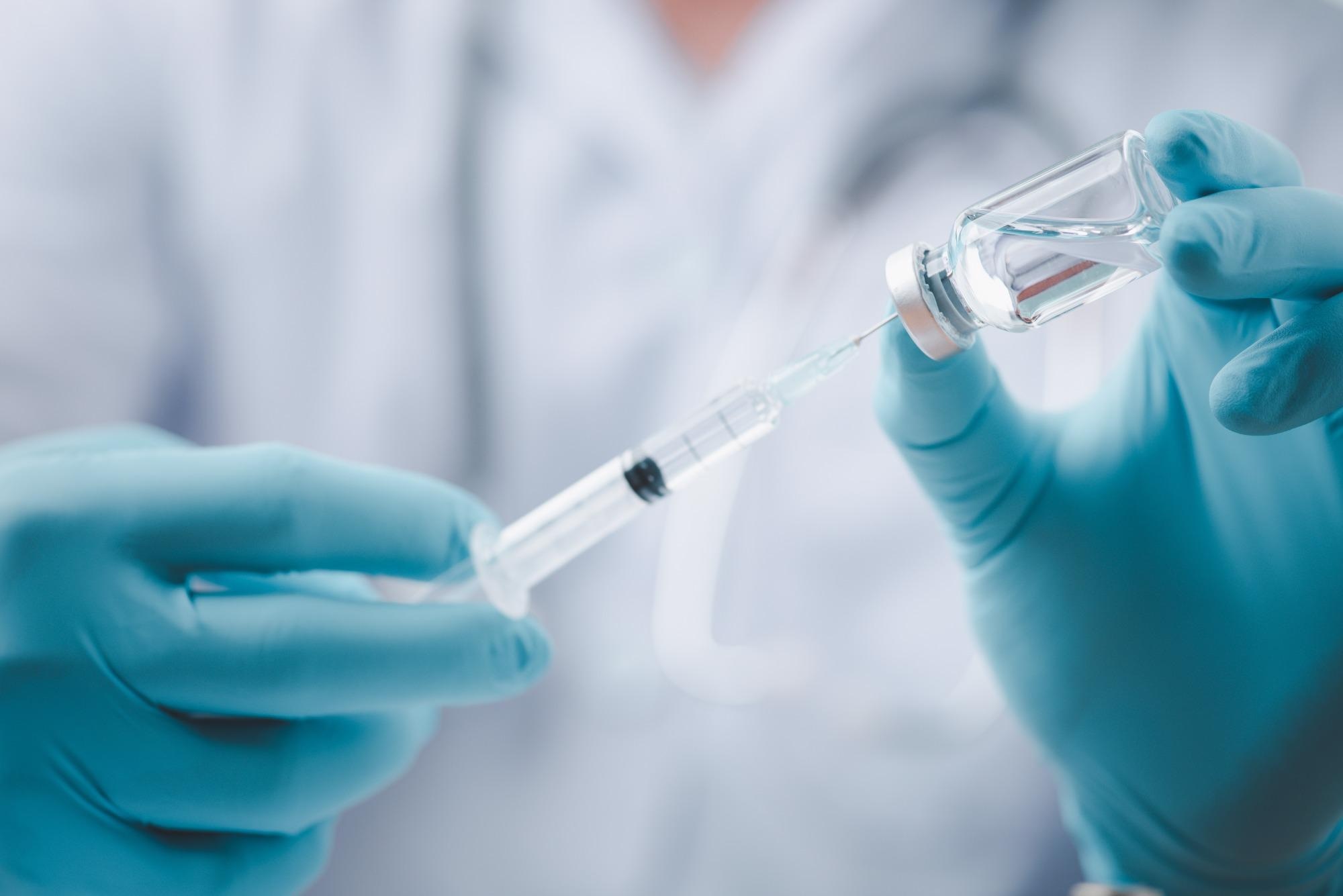Since the onset of the coronavirus disease 2019 (COVID-19) pandemic, caused by severe acute respiratory syndrome coronavirus 2 (SARS-CoV-2), scientists and policymakers have continued to work relentlessly to control the pandemic. The availability of multiple COVID-19 vaccines, developed on different platforms, is considered a powerful tool in the containment of the pandemic.
Previous studies have reported the effectiveness of COVID-19 vaccines, developed on different platforms, such as messenger RNA (mRNA) and adjuvanted recombinant protein. These vaccines have shown efficacy rates between 90 and 96% in averting severe COVID-19 against the original SARS-CoV-2 strain.
Several new SARS-CoV-2 variants have emerged due to genomic mutations, which have been categorized as variants of concern (VOC) and variants of interest (VOI) based on their transmissibility, virulence, and capability to evade immune protections.
SARS-CoV-2 Delta and Omicron variants have been classified as VOC owing to their high transmissibility. These variants dominantly circulated in most countries around the world and increased the rate of breakthrough infection. An increased rate of breakthrough infections indicates reduced efficacy of the available COVID-19 vaccines against the new SARS-CoV-2 variants.
Scientists have developed a protein subunit-based COVID-19 vaccine known as ZF2001, which targets the tandem-repeat dimeric receptor-binding domain (RBD) of the SARS-CoV-2 spike protein. They produced the antigen protein in the ovary cells of the Chinese hamster and treated it with aluminum hydroxide (adjuvant) to develop the vaccine. One of the foremost advantages of this vaccine is that it does not require stringent cold conditions for storage and transport.
 Study: Efficacy and Safety of the RBD-Dimer–Based Covid-19 Vaccine ZF2001 in Adults. Image Credit: LookerStudio / Shutterstock
Study: Efficacy and Safety of the RBD-Dimer–Based Covid-19 Vaccine ZF2001 in Adults. Image Credit: LookerStudio / Shutterstock
A New Study
Preliminary preclinical studies of the ZF2001 vaccine using rodents and macaques revealed promising efficacy against SARS-CoV-2. Additionally, the phase 1 and 2 clinical trials also reported the vaccine to be safe and effective in humans. Scientists designed a three-dose regimen in the phase 3 trial of ZF2001.
A new study published in the New England Journal of Medicine has discussed the efficacy and safety profile of the ZF2001 vaccine in adults, based on a randomized, placebo-controlled, multinational, double-blind phase 3 trial. During this study, the SARS-CoV-2 Delta variant was dominantly circulating globally.
This trial was conducted at thirty-one clinical centers across Indonesia, Ecuador, Uzbekistan, and Pakistan. Another center was set up in China to only determine the safety profile of ZF2001. In this phase 3 trial, all the participants were 18 years or above and were inoculated with three doses of 25-μg ZF2001 or placebo, thirty days apart. The efficacy of the vaccine was estimated at least seven days after administration of the third vaccine dose and a follow-up was conducted for six months.
Key Findings
Scientists designed the current trial as a case-driven study. In this study, 28,873 participants were administered at least one dose of ZF2001 or placebo between December 12, 2020, and December 15, 2021, and were considered for safety analysis. Researchers determined the vaccine's efficacy by analyzing 25,193 participants who had received three doses of the vaccine.
Scientists reported that severe-to-critical SARS-CoV-2 infection occurred in six participants who were vaccinated with ZF2001 and forty-three participants who received a placebo. The estimated efficacy of the vaccine against severe COVID-19 illness was 92.9% in the short-term follow-up and 87.6% in the long-term follow-up. Additionally, two COVID-19-related deaths among those who were vaccinated with ZF2001 and twelve participants who received a placebo were reported. Importantly, no vaccine-related deaths occurred, and most adverse reactions were found to be around grade 1 or 2.
Scientists analyzed both the short-term and long-term efficacy of the vaccine. They reported the short-term efficacy of three doses of ZF2001 to be 81.4% and long-term efficacy to be 75.7%. The authors stated that this vaccine has not only met their prespecified criteria for success but has exceeded significantly.
The current study indicated that ZF2001 conferred a high level of cross-protection against different SARS-CoV-2 variants. The vaccine was found to be highly effective against the Alpha, Kappa, and Delta variants. Importantly, this study established the safety and reactogenicity profile of ZF2001, which was found to be comparable with phase 1 and 2 reports. The authors also stated that in this phase 3 trial, older participants, who were above sixty years of age, were included and they showed fewer adverse and reactogenicity events compared to younger participants. The findings strongly advocate the effectiveness of the ZF2001 vaccine against the SARS-CoV-2 virus.
Limitations
The authors indicated some of the limitations associated with the current study. Firstly, the study cohort contained predominantly Asian participants, i.e., 78.5%; however, an ideal cohort must include a diverse population. Additionally, the number of older participants who were sixty years and above was limited in the study cohort. Hence, in the future, the vaccine's effectiveness must be evaluated for this group in real-world settings. The current study did not evaluate the vaccine's efficacy against asymptomatic COVID-19 infection, which future research could consider.